Review: Everybody's Gone To The Rapture
August 14, 2015 | 11:52
Companies: #sce #sony #sony-computer-entertainment

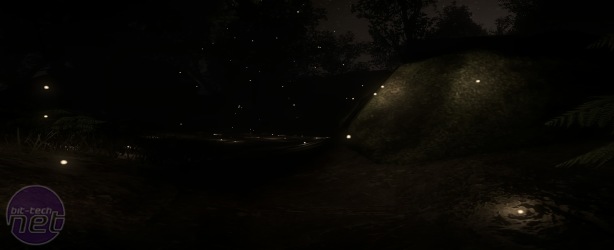
I grew up in a village like this, nestled instead on the south coast rather than middle England. Yaughton immediately feels like home: the tiny doctors surgery, the frisbee lost to the ages on top of a shed. The absence of people has done nothing to diminish the humanity of the place. There’s a sense that the entire village has just nipped away for a few minutes: cigarettes sit still-smoking in ashtrays, luggage is piled at bus stops and clean laundry is blowing around in the wind.
This is greatly helped by the haunting sound design. It’s never intrusive but always there: whether it’s the crunch of grass under foot or the excellent score. It’s incredibly effective at conveying the mood of the world, something that’s invaluable considering how little Rapture has to work with.
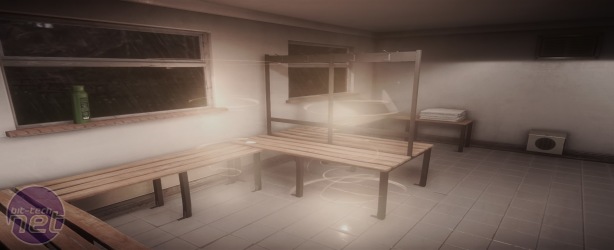
The few bits of information you’re fed early on don’t really help the situation. Society is imploding. A doctor’s car is filled with bloody tissues and a tape recorder where he talks through his puzzling symptoms even as he’s succumbing to them. It’s a very British type of horror: we don’t like to make a fuss.
Talking any more about the story would be a spoiler but it’s a quiet vision of the apocalypse. Life snuffed out not with a bang but with bickering: characters caught in situations they can’t understand while also trying to deal with the mundane: arguments with family members, affairs and wondering what the American from out of town is doing. It’s a shame, because when the fantastical elements actually take center stage, the game feels weaker for it.
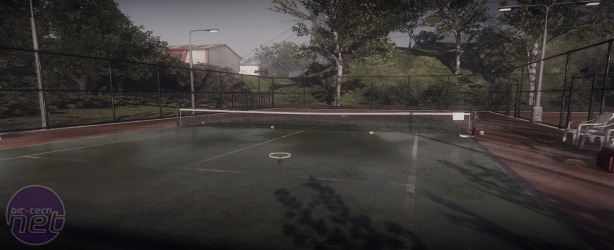
Coming to any sort of conclusion on the game is hard. I think the reason it resonates with me so well is that it’s a game that perfectly captures the loneliness of growing up in a town exactly like this. Being able to look at this basket of puzzle pieces and think about how it might fit together is good.
I think I’d be proclaiming this was the game of the year loudly if it weren’t for all of the little wrinkles in the fabric of the world: everybody owns the same radio, and really, audio logs coming from radios and phones just doesn’t make any sense. They already have the light orbs to tell a story (which again, is clunky) and I feel that the game would be better without a daft sci-fi concept. It’s clear the inspiration comes from the dark British sci-fi archives: Quatermass and the Rapture, perhaps.
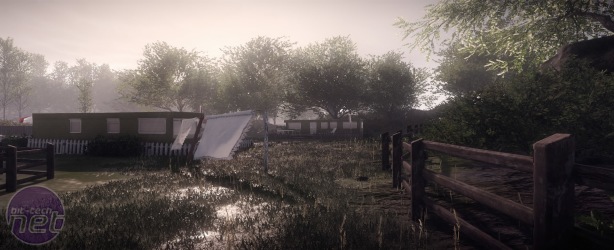
But this science fiction conceits are where the game stretches too far. It’s a fascinating story of a town under stress, but as you get closer to the games finale (that I won’t speak about but left me confused) I found it started to lose some of its punch. Everybody’s Gone To The Rapture is a masterclass in both art and sound design, and I’ve never found a video games world quite so believable, but the narrative often left me a little cold.
It’s a very special game indeed, but to appropriate a phrase from my favourite silky smooth Irishman, sometimes Everybody’s Gone To The Rapture says it best when it says nothing at all.
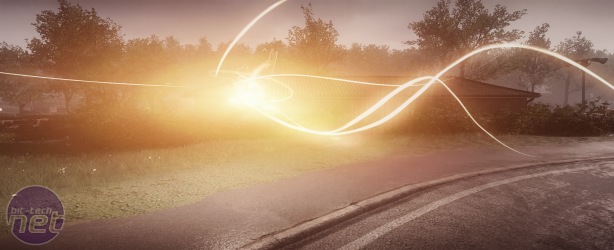

-
Overall85 / 100


MSI MPG Velox 100R Chassis Review
October 14 2021 | 15:04









Want to comment? Please log in.